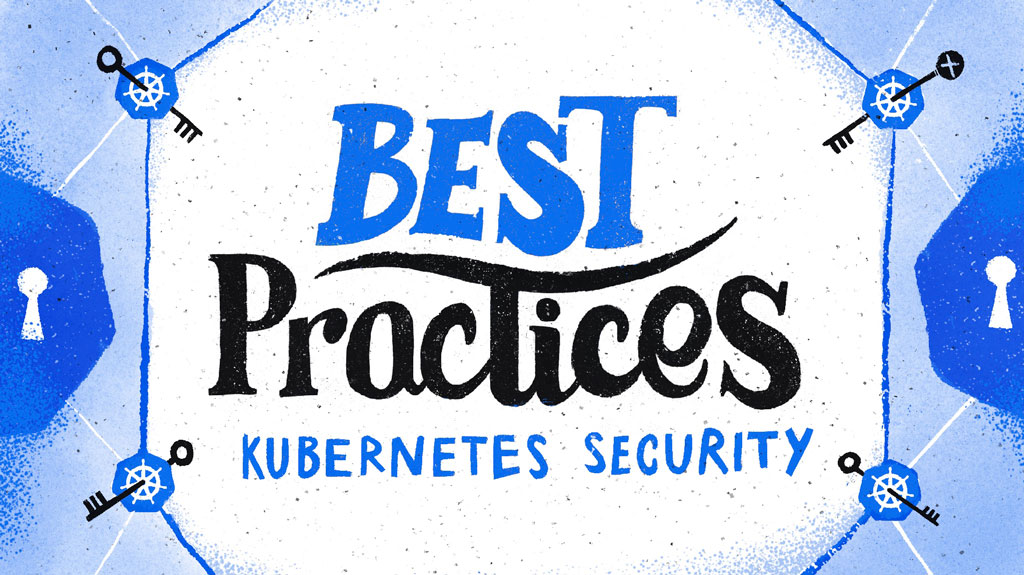Kubernetes has come a long way since its inception. But as the adoption of containerization has grown, Kubernetes security continues…
Kubernetes Security: Best Practices for Kubernetes Secrets Management


Kubernetes has come a long way since its inception. But as the adoption of containerization has grown, Kubernetes security continues…

Many organizations are now deploying their containerized applications in Kubernetes clusters to achieve highly available, automatically orchestrated solutions. Often, however,…

By default, Kubernetes uses Base64 encoding to store information such as application credentials, keys, and certificates. Unfortunately, this Base64 encoding…

Knative is the de facto standard for running serverless workloads in Kubernetes. But what do you do when your Knative…

Mainstream technology enterprises widely use Kubernetes. It’s an extendable, lightweight, open-source container orchestration platform. This popular platform has an ever-expanding…

Editor’s Note: Please be aware that K3 is not officially supported on Conjur and the contents of this tutorial are…

Handling secrets in cloud-native environments is a challenge for many organizations. Virtually any application requires some sort of secret, such…

Kubernetes is a popular choice for microservices because it provides scalable, portable, efficient deployment and reduces most DevOps overhead. Generally,…

Learning is fun, and the best way to learn is through hands-on exercises. That’s why Conjur provides some tutorials to…

Secret management is essential for ensuring an organization’s cybersecurity. In this era, when users share valuable information with service providers,…

Almost every application needs to deal with secrets in one way or another, to authenticate with a backend database or…

Kubernetes is a great orchestration tool for your containerized applications and Amazon’s Elastic Kubernetes Service (EKS) provides an easy way…